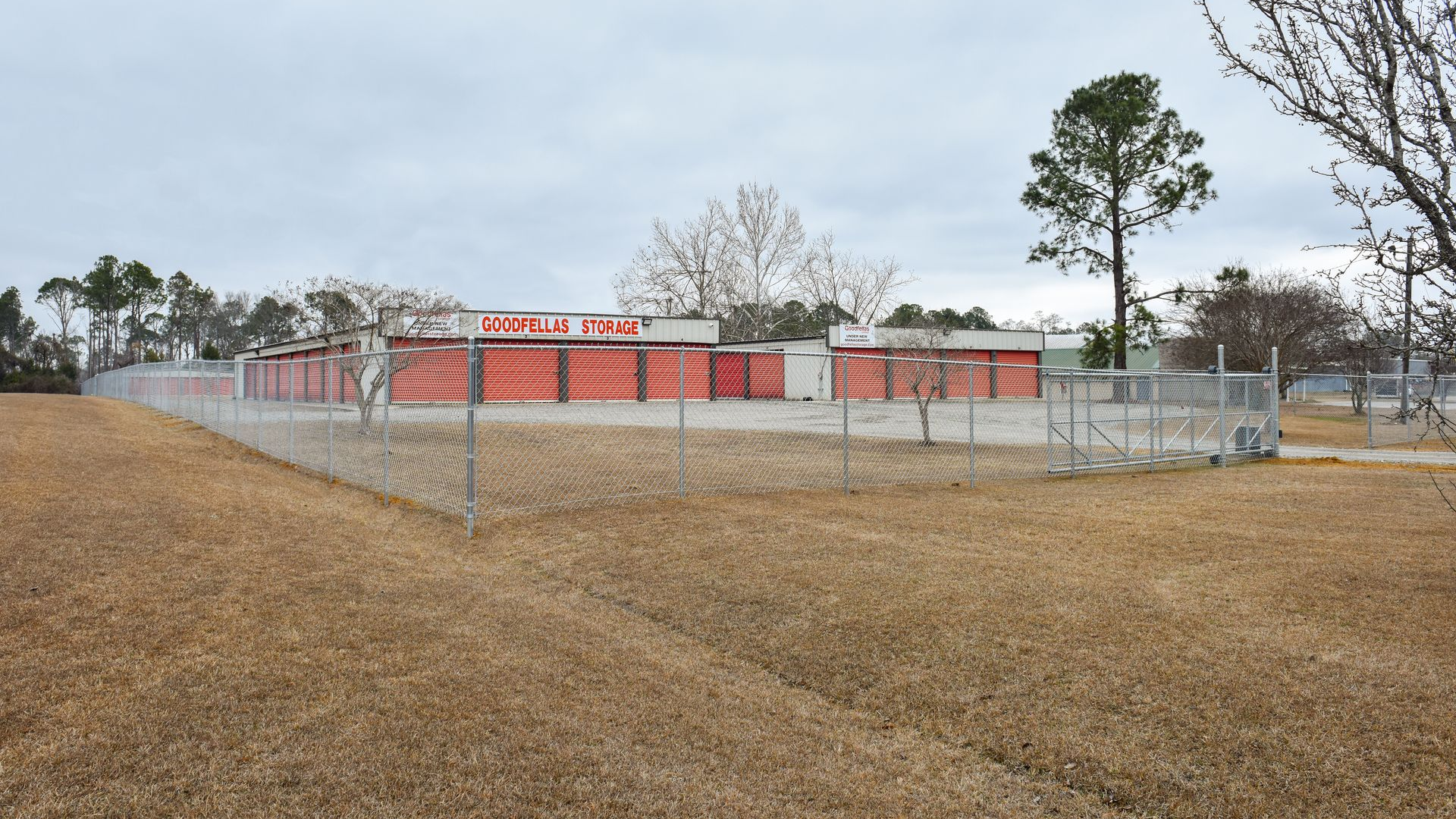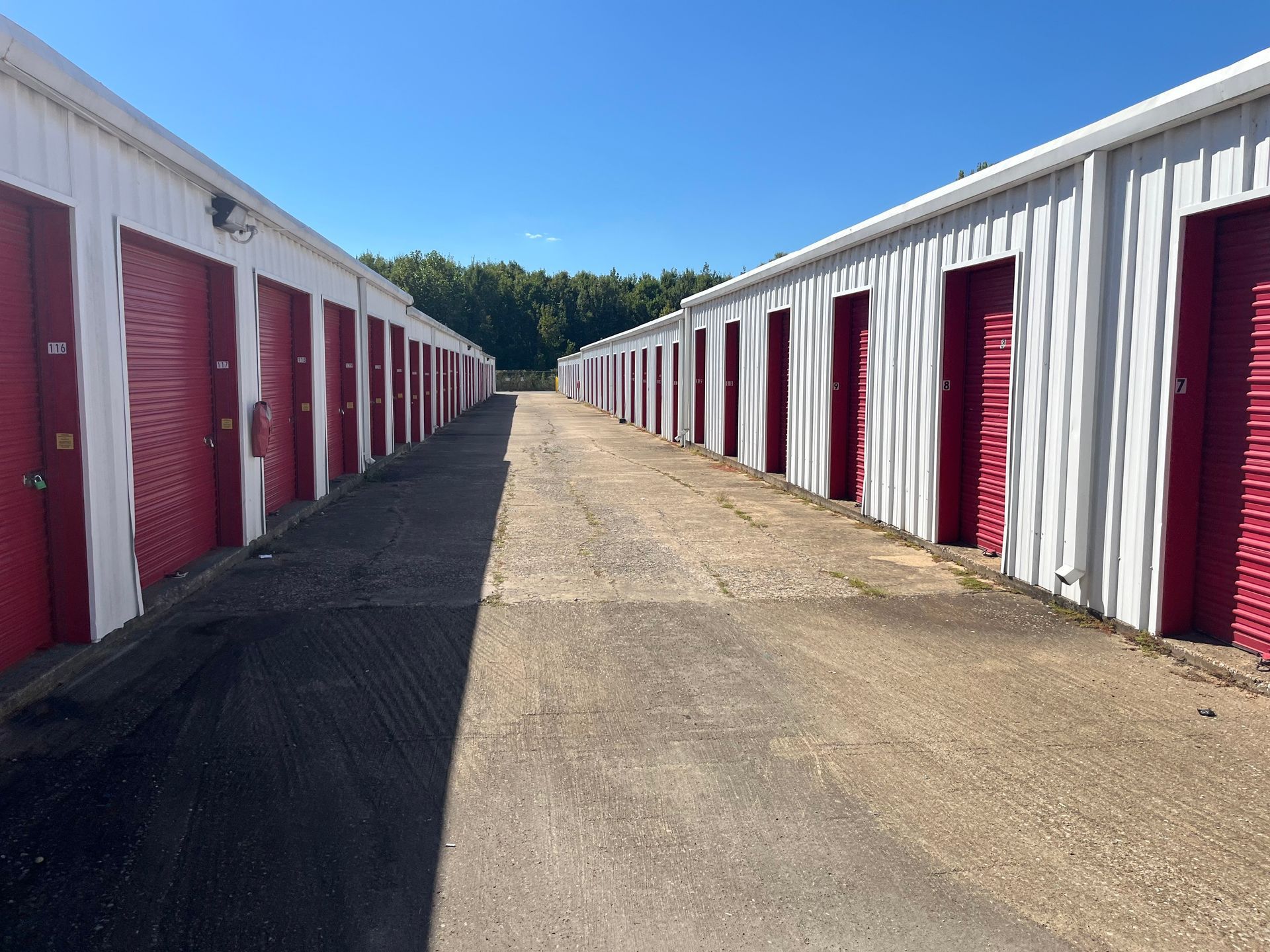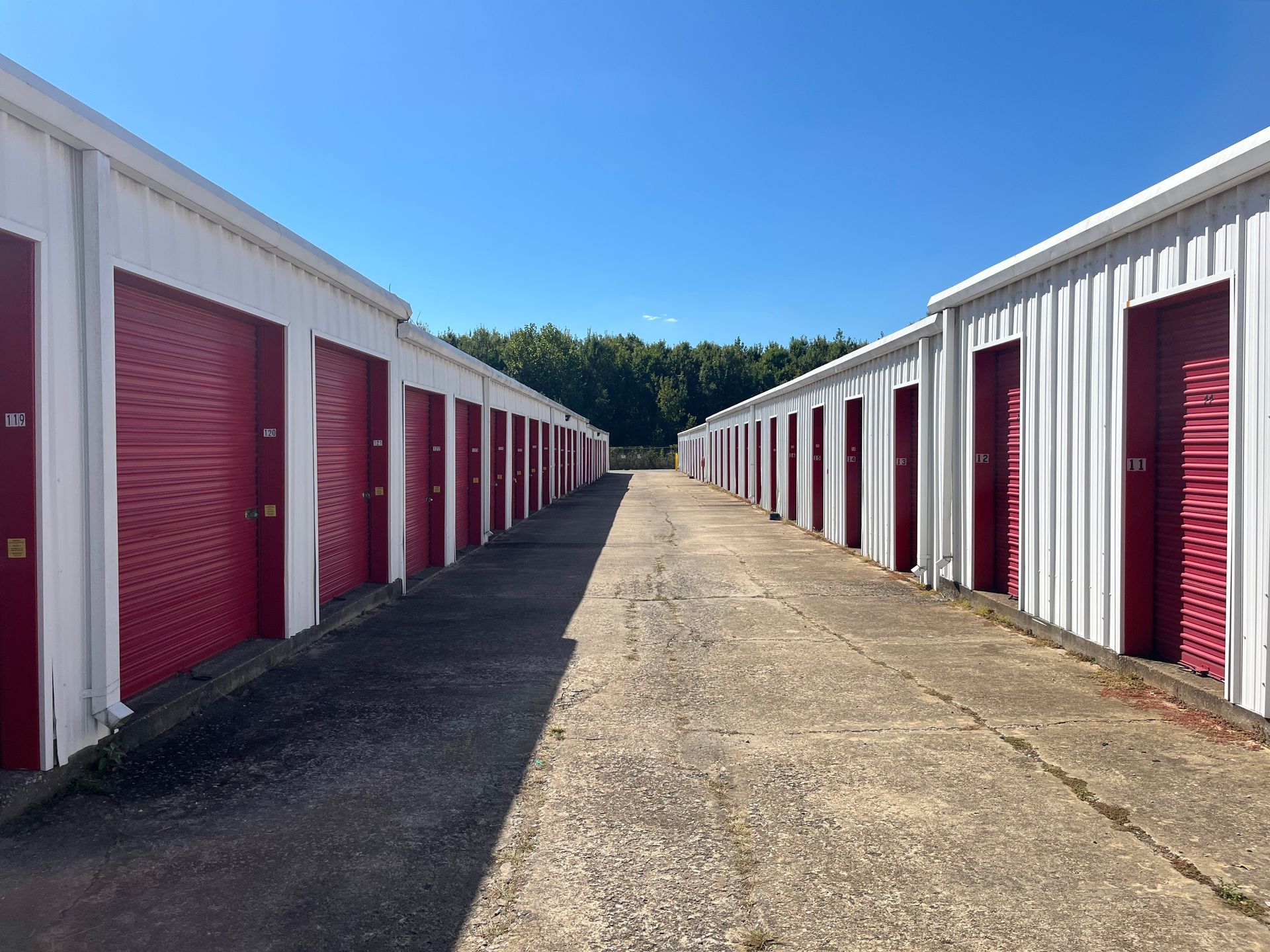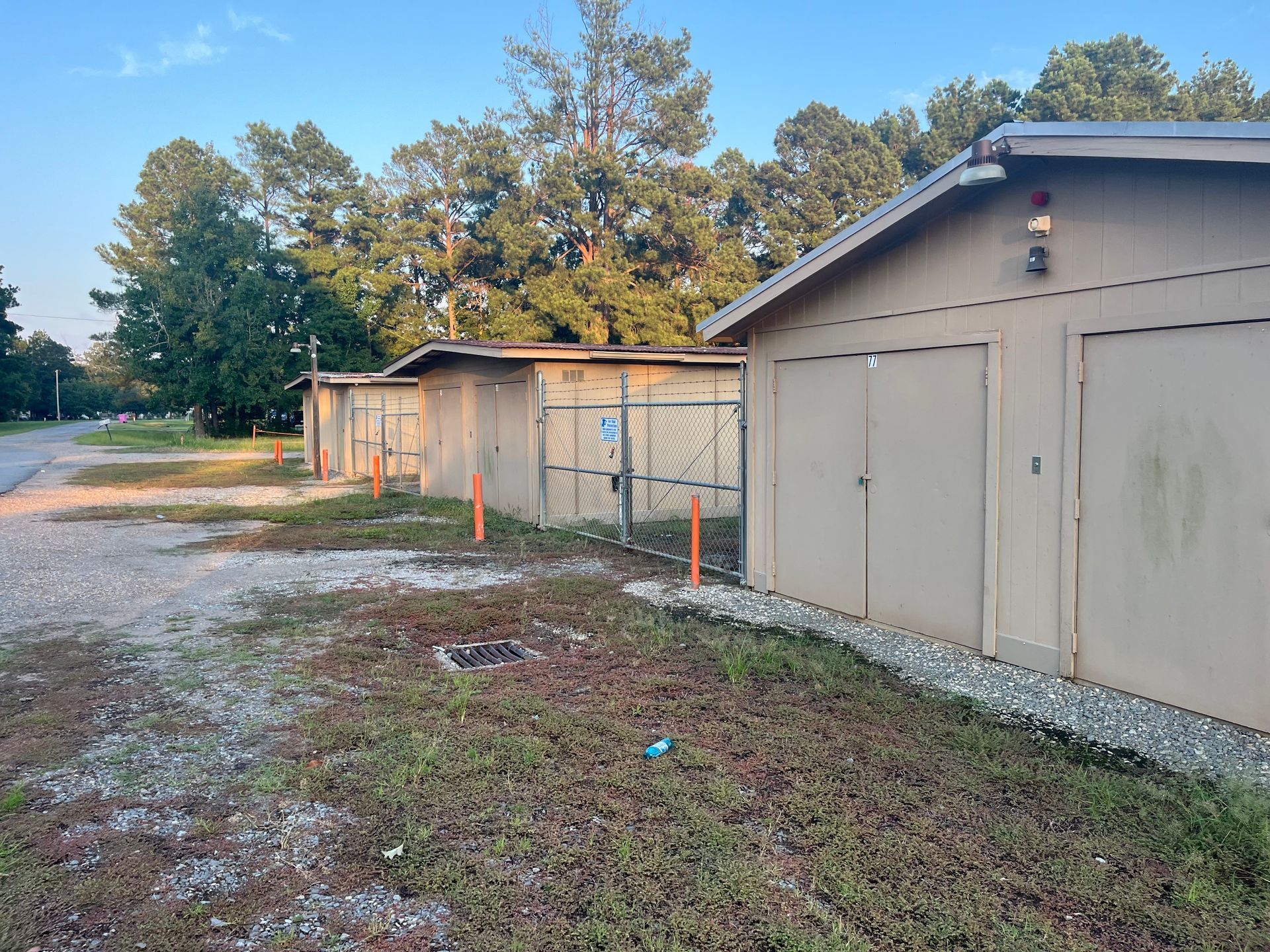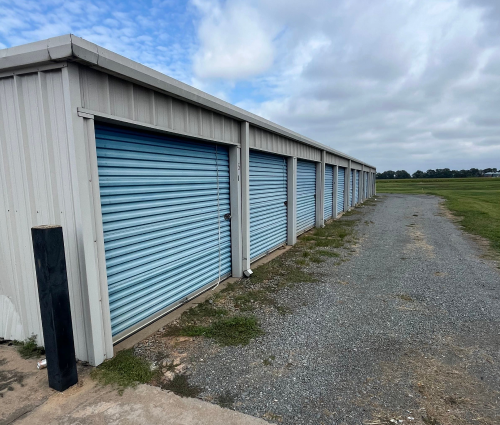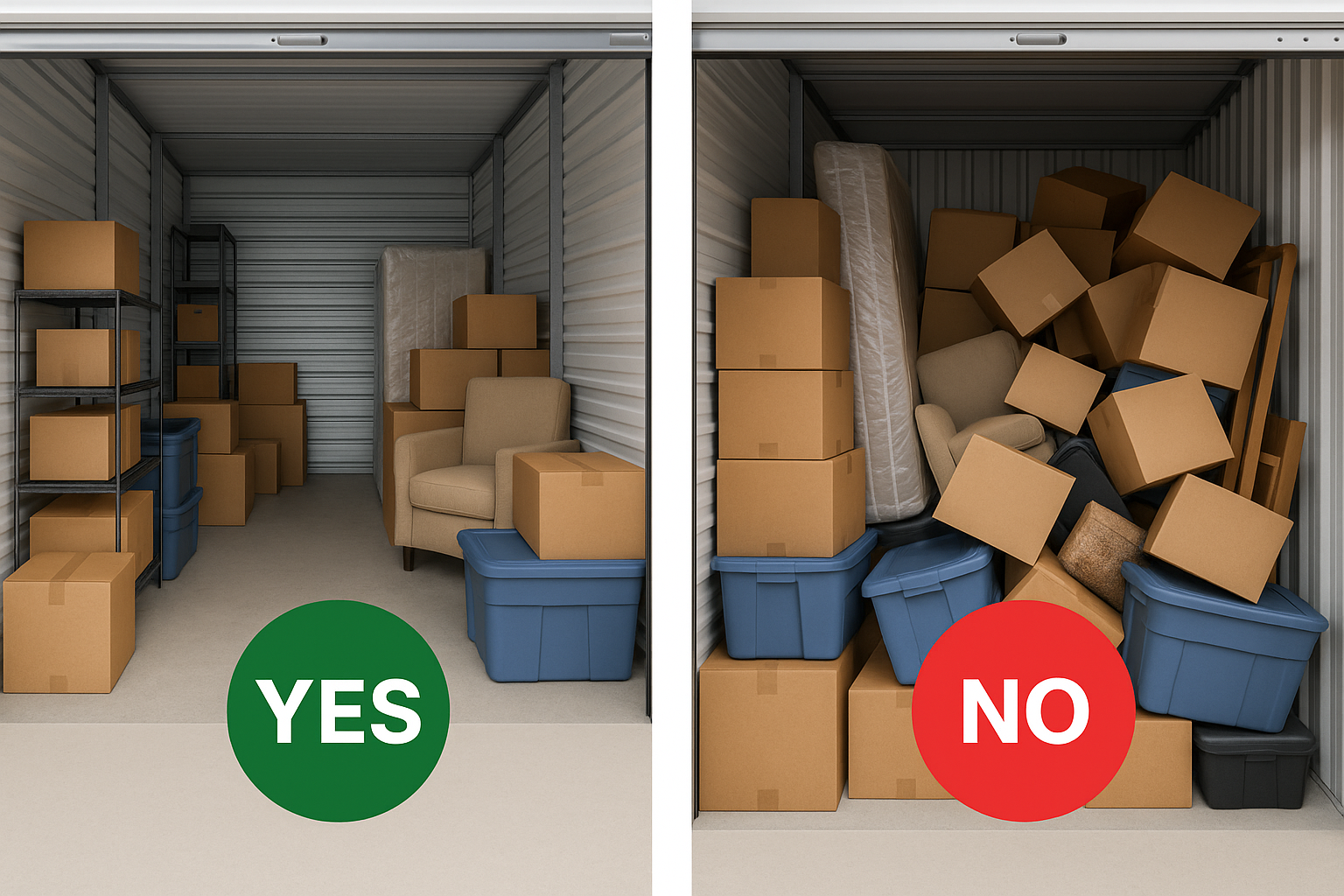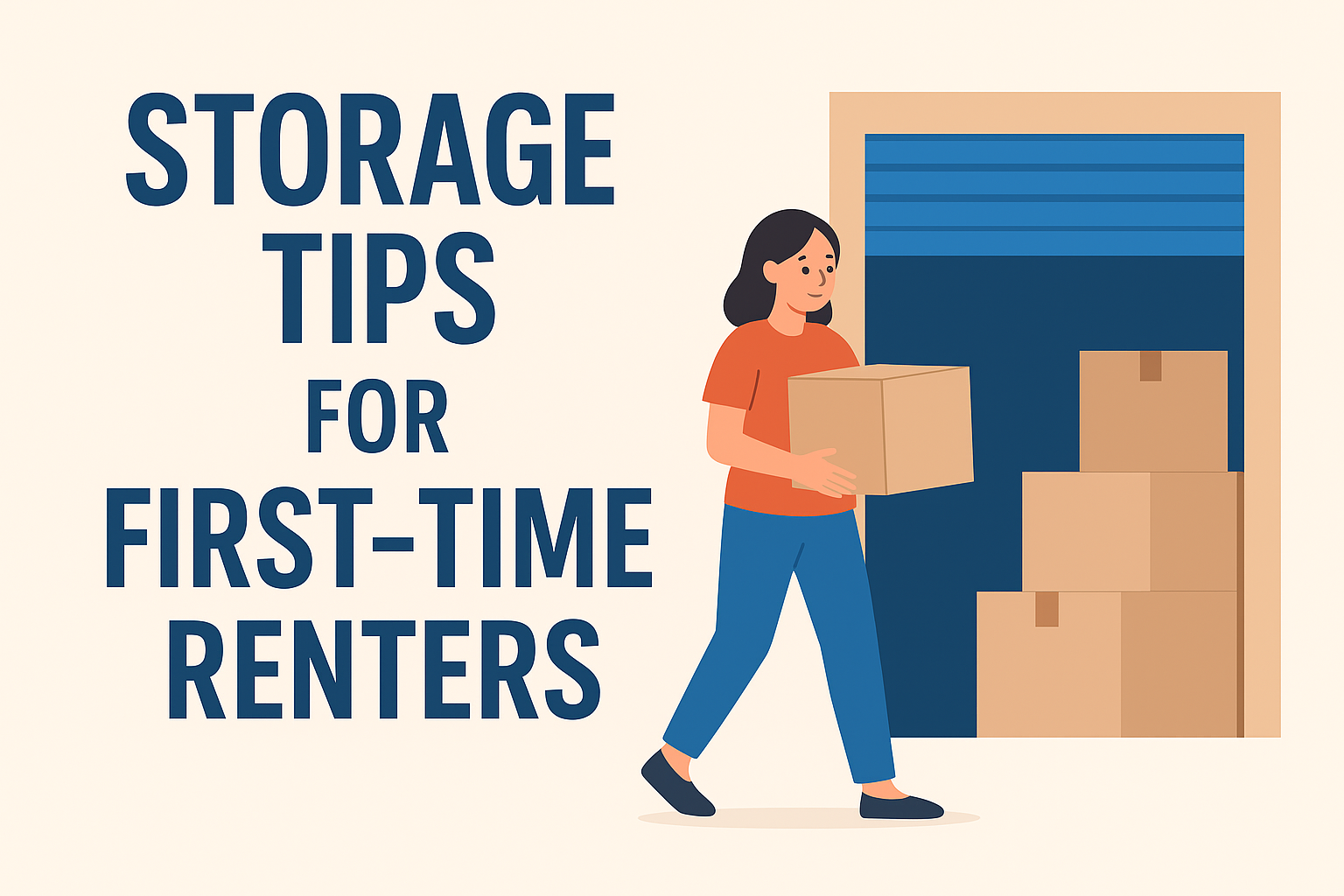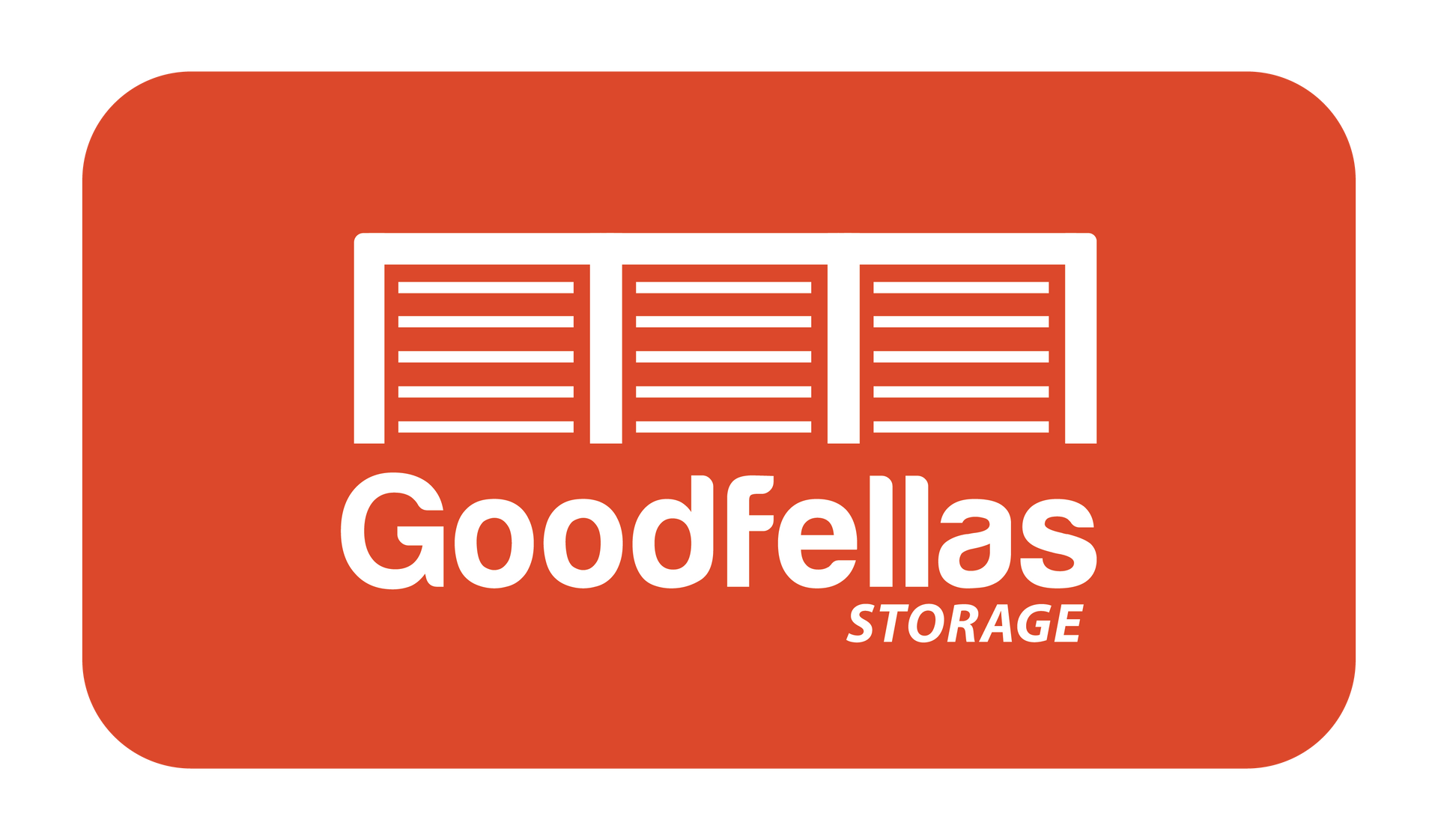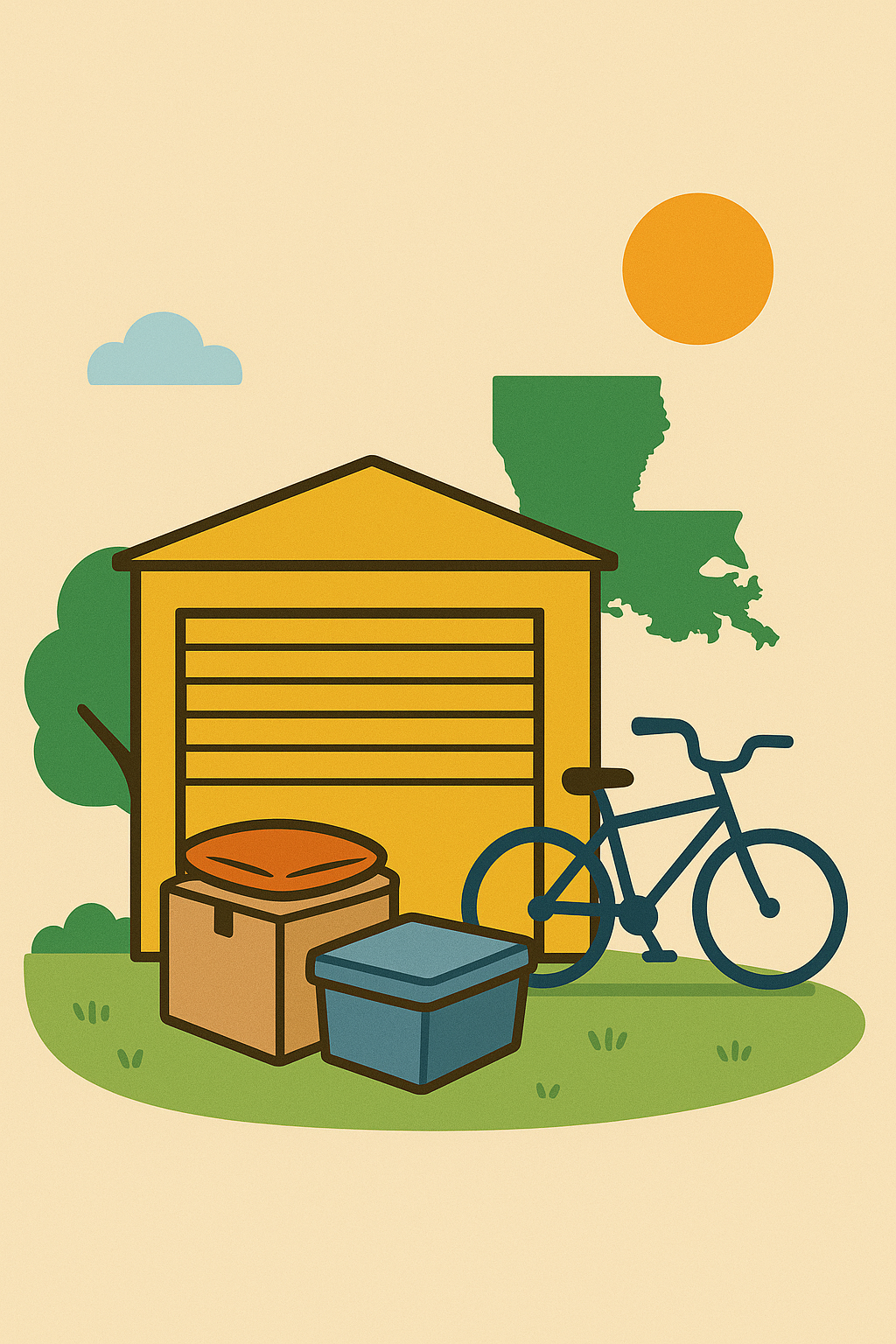Renting a Storage Unit in a Rural Area: What You Need to Know
A Complete Rural Storage Guide for Maximizing Convenience and Security

When most people think of self storage, they picture large urban facilities with multi-story buildings and hundreds of climate-controlled units. But rural storage plays a vital role across America. From farming towns to small suburban communities on the edge of growth, rural self storage facilities help families, contractors, and businesses get the extra space they need at an affordable price.
This rural storage guide will walk you through what to consider before renting a storage unit in a rural area, the unique benefits and challenges compared to city facilities, and how to choose the right unit for your needs. Whether you are storing farming equipment, business inventory, seasonal gear, or personal belongings, understanding rural storage can save you money and stress.
Why Rural Storage is Different from Urban Storage
Urban storage centers are often located in busy commercial corridors, with large buildings and heavy competition. Rural storage, however, typically looks very different:
Drive-up access: Most rural properties feature single-story buildings with direct drive-up access, making it easier to load and unload heavy items.
More land availability: With more space available, rural facilities often include outdoor vehicle, boat, and RV storage.
Lower cost per unit: Rental rates are usually more affordable compared to city centers, where real estate costs drive prices higher.
Limited availability: Some rural towns may only have one or two facilities, so options can be limited.
For businesses, especially contractors, rural storage can be a game changer. We recently explored this in our post, How Goodfellas Streamlines Storage for Contractors, showing how accessible, affordable rural storage helps small business owners stay organized and efficient.
Benefits of Renting a Storage Unit in a Rural Area
Cost Savings
Renting storage in rural communities often comes with significant cost advantages. Fewer competing land uses keep overhead lower, and those savings are often passed on to tenants. If you are looking for
affordable storage options in smaller towns, rural facilities are a smart choice.
Convenience and Space
Rural facilities are usually designed for easy access. You can often park directly in front of your unit, saving you from carrying heavy boxes through elevators and long hallways.
Vehicle and Equipment Storage
Larger lots mean more opportunities for boat, RV, and work truck parking. If you own recreational vehicles or contractor equipment, rural storage offers plenty of space.
Community-Oriented Experience
In smaller towns, managers often know their tenants personally. While facilities are still professionally operated, the experience can feel more personal compared to large urban sites.
What to Watch Out for in Rural Storage
While rural storage offers many benefits, there are unique considerations to keep in mind before renting a unit.
Security Features: Smaller towns can sometimes mean fewer advanced security systems. Always ask whether the facility has gated access, cameras, and well-lit areas. To see why this matters, check out our blog on The Importance of Self-Storage Security: How Goodfellas Storage Keeps Your Belongings Safe.
Climate Control Limitations: Many rural facilities primarily offer non-climate-controlled units. If you need to store sensitive items like electronics, antiques, or documents, be sure to confirm climate-controlled availability.
Distance from Home: Rural facilities are often farther from major population centers. Think about how often you need access before choosing a facility that may be out of the way.
Limited Unit Variety: City facilities may offer dozens of unit sizes, but rural facilities often have fewer options. Be sure to use our Storage Size Guide to pick the right fit.
How to Choose the Right Rural Storage Unit
1) Assess Your Needs
Make a list of what you plan to store. Large equipment or vehicles may require outdoor storage, while household items might need a smaller unit.
2) Check Security
Look for gated entry, camera surveillance, and lighting. Security should always be a top priority, no matter the location.
3) Compare Costs
While rural storage is typically cheaper, rates can still vary by facility. Compare prices and factor in additional costs like insurance or
Tenant Protection.
4) Ask About Access Hours
Some facilities have 24/7 access, while others are limited to business hours. Make sure the schedule fits your lifestyle.
5) Visit Before Renting
A quick visit lets you inspect the property, check cleanliness, and verify that the advertised features match reality.
Why Rural Storage is Growing in Demand
Across the Southeast and other regions, self storage demand in smaller communities has been on the rise. As highlighted in our post, The Growth of Self Storage in the Southeast, more people are moving to rural and suburban areas, and businesses need affordable, flexible storage solutions.
This trend has made rural facilities more valuable than ever. Whether you are a family moving into a new home or a business looking for space to grow, rural storage offers an affordable solution without sacrificing convenience.
Q&A: Rural Storage Guide
Q: Is rural storage cheaper than city storage?
Yes. Rural facilities typically cost less due to lower real estate and operating expenses.
Q: Do rural storage facilities have climate-controlled units?
Some do, but many focus on drive-up, non-climate-controlled options. Always ask before reserving.
Q: Can I store farm equipment or work trucks in rural storage?
Yes. Many rural facilities offer outdoor storage for large vehicles, tractors, and trailers.
Q: How secure are rural facilities?
Security varies. Look for fencing, gates, cameras, and on-site management. For peace of mind, explore our
Tenant Protection plans.
Q: How do I know which unit size I need?
Use our
Storage Size Guide to estimate space requirements before renting.
Final Thoughts
Renting a storage unit in a rural area is often more affordable and convenient than urban storage, especially for those who need vehicle or equipment storage. By considering location, security, size, and access, you can find a facility that meets your needs without overspending.
If you are ready to explore options, check out our Locations or reach out through our Contact Us page to find a unit that works for you. And remember to protect your belongings with Tenant Protection for complete peace of mind.


